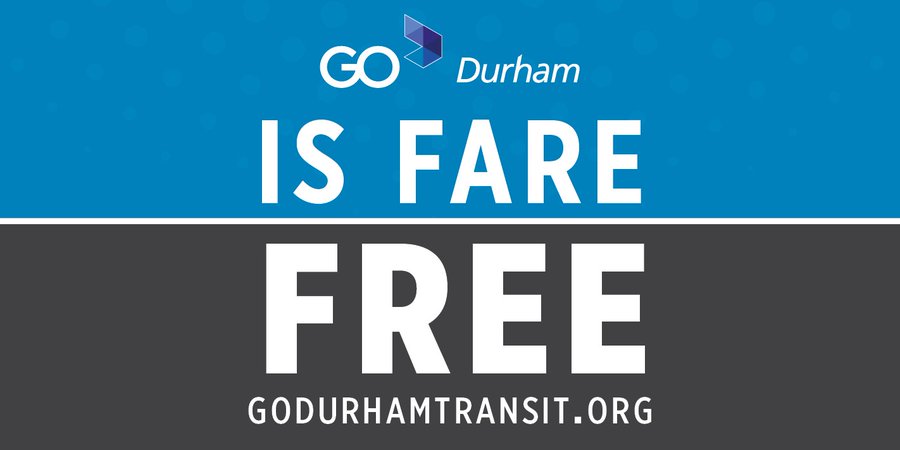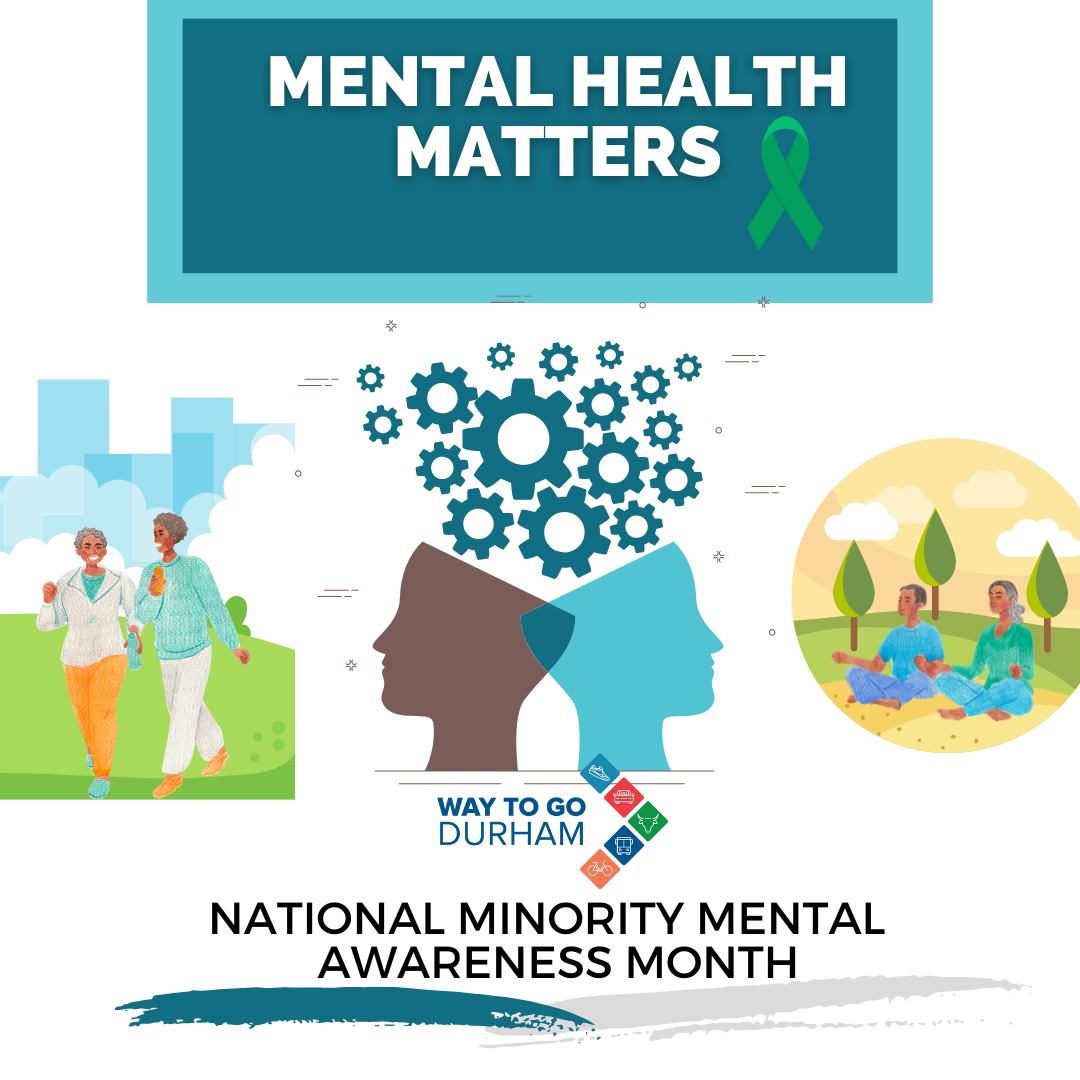Since 2008 the month of July has been recognized as National Minority Mental Health Awareness Month.
Research shows that transportation access can play a key role in one’s health and ability to access equitable care. Health Care Access Now reports that “mental health issues can affect a person’s ability to access reliable transportation, and a lack of reliable transportation can isolate people, which increases the risk for certain mental health issues”(2022). With knowledge of this issue, the City of Durham’s Community Safety Department recently launched three new crisis response pilots that aim to connect people experiencing non-violent mental health crises by sending new responses that better match residents’ needs. A fourth pilot will launch later this year.
The pilots include:
- Crisis Call Diversion (CCD): Staffing mental health clinicians in Durham’s 9-1-1 call centers.
- Community Response Teams (CRT): Dispatching three unarmed person teams to non-life threatening calls for service.
- Care Navigation (CN): Following up within 48 hours of dispatch to connect residents with additional care they may need and want.
- Co-Response (CoR): Pairing police officers with clinicians to respond to behavioral health calls.
The pilots operate under the name, HEART, which stands for Holistic Empathetic Assistance Response Teams. HEART responders, when dispatched, will wear distinguishable attire to be recognized by the community during calls. To learn more about this program, download the Pilot Overview.
In response to the City of Durham’s Equity Initiative, the City Council approved the budget to keep transit service in Durham fare-free through June 30, 2023.
Across the City of Durham, we recognize that mental health matters, and we are proud to take action to help residents in our community get access to the care they need. Enhancing equity means breaking barriers for all, and we are committed to doing so in the Department of Transportation. Honor Minority Mental Health Awareness Month by making yourself knowledgeable of the city’s resources and sharing your knowledge with others. It is okay to talk about mental health, and it is okay to seek help for yourself and others.


You can certainly see your enthusiasm within the
work you write. The sector hopes for even more passionate writers such
as you who are not afraid to say how they believe.
Nice post. I was checking continuously this blog and I’m impressed! Very useful information particularly the last part 🙂 I care for such info much. I was looking for this particular information for a very long time. Thank you and best of luck.
I reckon something genuinely interesting about your site so I bookmarked.
I think this is among the most vital information for me. And i am glad reading your article. But wanna remark on few general things, The site style is great, the articles is really excellent : D. Good job, cheers
Hello.This post was really interesting, especially because I was searching for thoughts on this issue last Tuesday.